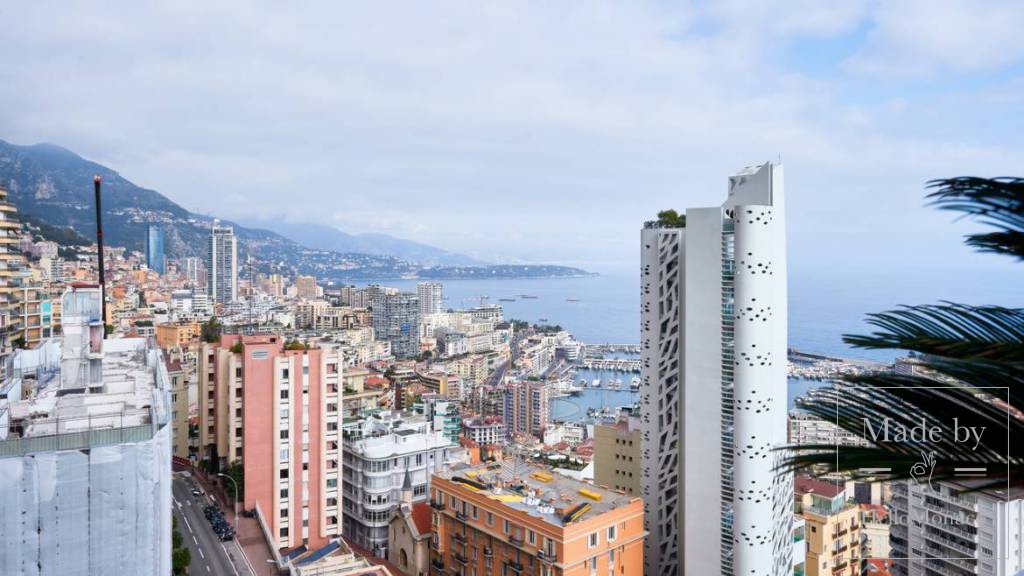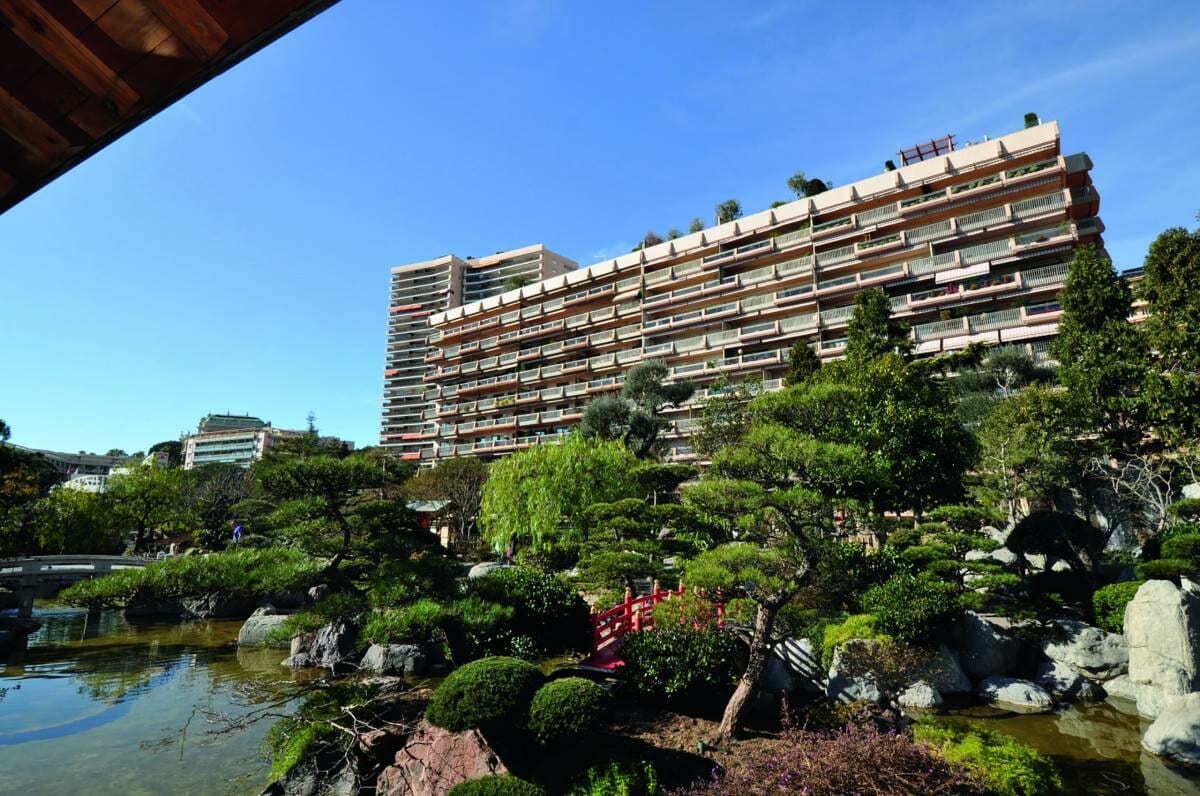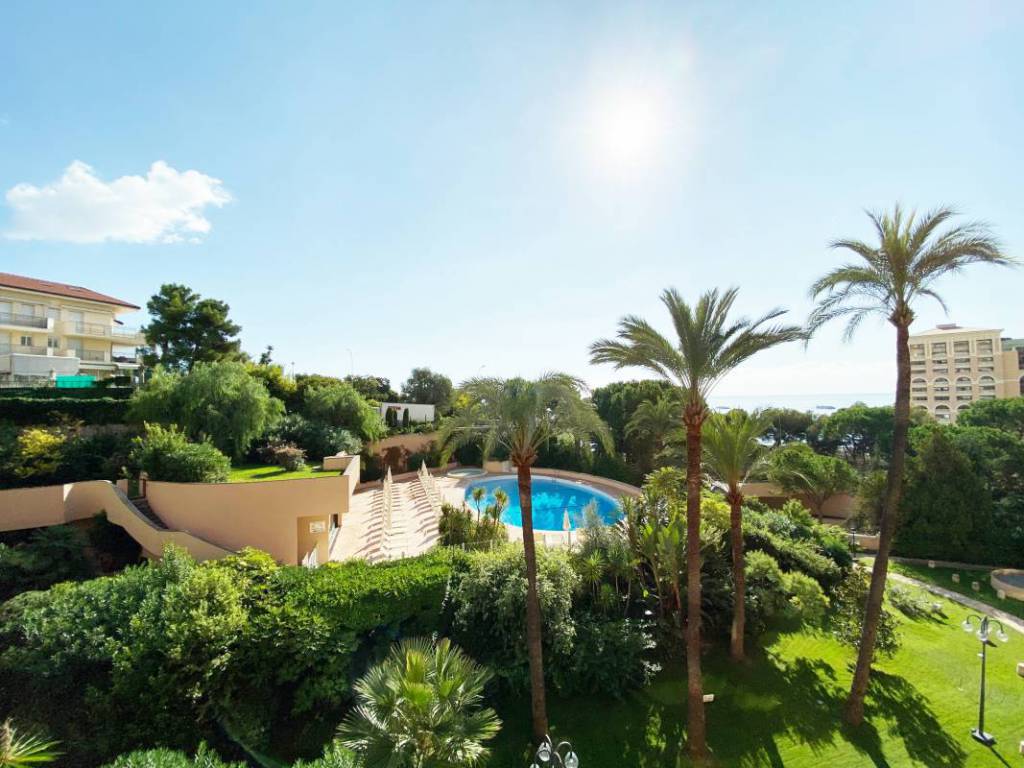Many wealthy people and families residing in Monaco and abroad own residential properties in France. French tax rates are low and don’t seem to present a major problem.
However, the taxation policy in France is not very favourable. The wrong structure of property ownership can be very disadvantageous from a tax point of view, especially with an expensive property.
Tax issues are therefore to be considered at the earliest stage of property acquisition, before even signing the purchase contract. Later on, different types of tax apply depending on the ownership structure.
You will need to pay corporate tax if a company is used for a property purchase. There are also special tax requirements associated with the use of trusts.
Let’s go through the main questions confronted by property owners in France.
1) Property owned through a French or Monegasque property management company (“SCI”).
“SCI” is the most common type of company used for owning a residential property.
The use of a Monegasque SCI will namely help you to avoid French inheritance tax, reaching up to 45% in the case of direct inheritance by the children. If the property is transferred to a spouse, an inheritance tax does not apply.
For technical reasons, citizens of former CIS countries should own their French property through a Monegasque, rather than a French SCI. This will minimise or completely cut their French inheritance tax. In fact, using a French SCI involves getting a bank loan, unnecessary with a Monaco SCI.
Tax benefits are not the only advantage of using a SCI company. The latter also offers a very simple ownership structure, involving small administrative costs. A SCI is not created for commercial purposes. Its only mission is giving free use of the property to its shareholders. This is, without a doubt, the most simple and inexpensive type of ownership.
If all tax formalities are complied with, certain administrative duties are reduced or dismissed altogether.
You don’t need to fill in an annual income tax declaration. There is also no need to appoint a special director for managing a SCI (one of the shareholders can do it for free).
The most important thing is a timely provision of annual financial statements. For tax purposes, these are to be submitted every year.
It must be said that the running costs and tax burden could be much more significant if the property is run by an offshore company.
2) Real estate owned through an offshore company
Ownership of a French property through a foreign company may entail quite a heavy French corporate tax.
Generally, this kind of ownership is not recommended for two major reasons. Firstly, the amount of corporate tax is directly related to the benefits derived from free use of the property.
Secondly and most importantly, the income received by the company after the property sale will be subject to a French corporate tax. It differs significantly from a capital gains tax. In fact, when a corporate tax is applied, the depreciation of assets is included in the calculation of taxable income. The longer the property is owned, the higher the sales profit, taxable at a rate of 33.33%.
Moreover, an offshore company (or other company) owning French real estate may also be taxed at a rate of 3% of the property’s market value. This tax is normally unnecessary if certain conditions are met: the company must be registered in a country having a bilateral agreement with French tax authorities. These formalities are to be absolutely respected. Otherwise this tax will be charged for the three previous years (or an even longer period).
Forced tax collection seems to be quite common practice. French authorities could charge you heavily because of the deviation from the above rules or because of mistakes in filing the declarations.
To summarise, paying a 3% tax on the market value of the property is not required if all the declarations are filled in properly from the beginning.
3) The capital gains tax (CGT)
The French capital gains tax has greatly increased over the last few years. It has a fixed rate of 19% (for EU residents) and 33.33% (for non EU residents) on the income received from a French property sale, including the shares of a company that owned the above property.
In addition, “social charges” at a rate of 15.5% apply, not to be confused with social security contributions. The following total is therefore charged, depending on the seller’s residence: 34.5% for EU residents, 48.83% for non EU residents.
The difference in the purchase and sale price of the property or the company’s shares is taxed. Some benefits may apply depending on the length of ownership. Currently, the seller is exempt from CGT if the property or shares are sold after 30 years of ownership. 22 years into ownership, the capital gains tax is not applicable either. However, “social charges” are payable at a beneficiary rate.
The CGT is paid if the property is directly owned by an individual or a French/Monegasque SCI company not subject to a corporate tax regime.
The capital gains tax is governed by a bilateral tax treaty, amended by France and Luxembourg on 5th September 2014. French authorities thus establish the amount of tax to be applied on any profits earned by a Luxembourg-registered company, after the sale of shares in a French or Monegasque SCI company. This amendment shall not come into force before 1st January 2017.
Shareholders may therefore consider selling their shares until the end of the year to avoid unnecessary costs. Sale of these shares to a third party should have no tax consequences. An internal restructuring should be carried out very carefully though. This will avoid disputes with the French tax authorities on the grounds of tax evasion law.
Otherwise, a capital gains tax and severe financial penalties could be imposed.
4) French wealth tax
A wealth tax applies if the value of the French property exceeds 1,300,000 euros (including shares of a French or foreign company owning the above real estate and therefore perceived by tax authorities as “property located in France” in itself). The tax liability may be very high. A property valued at 10,000,000 euros could be subject to a tax of 1-1.5% per year.
The wealth tax is assessed independently. If the value of the property exceeds 1,300,000 euros, the taxpayer is to complete a declaration specifying its exact price and paying the appropriate fee. For non-EU residents the deadline for filling in the declaration is 1st September of the current year.
However, there are ways of reducing the amount of wealth tax. You can either get a loan from a third party or share the property between the shareholders (namely, between adult children from the same family). In some cases, when the property has already been purchased and its price is growing significantly with time, it is worth restructuring the debt or separating the ownership which would subsequently reduce the tax (this applies to both wealth tax and inheritance tax).
Unlike inheritance tax, wealth tax could only be reduced by a bank loan or a third party loan. You can therefore use a Monegasque SCI company to reduce inheritance tax, but apply for a bank loan to cut down wealth tax. It is for the taxpayer to choose the best option, taking into account the cost of the loan.









